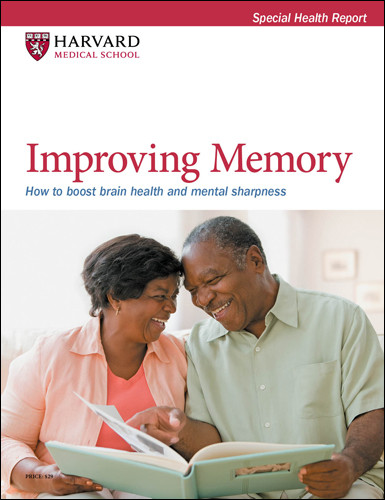Sitting many hours per day linked to higher dementia risk
In the journals
- Reviewed by Howard E. LeWine, MD, Chief Medical Editor, Harvard Health Publishing; Editorial Advisory Board Member, Harvard Health Publishing

Too much sitting is not good for the brain. But how much sedentary time is too much? According to a study published online Sept. 12, 2023, by JAMA, remaining physically inactive for 10 or more hours per day is linked to a higher risk of later developing dementia.
For the study, 50,000 people (average age 67, about 45% of whom were men) who were free of dementia wore a wrist accelerometer 24 hours a day for one week to track their daily moving time. After the average of six years of follow up, the researchers checked to see which participants had been diagnosed with dementia and correlated that information with the activity readings from the start of the study. They found that people who had been inactive for at least 10 hours per day had a higher risk of dementia than those who spent more time moving.
The risk drastically increased the longer people were sedentary. For instance, compared with 10 hours of sitting, dementia risk rose 50% at 12 hours and almost tripled at 15 hours. The risk was also consistent whether the sedentary time occurred in extended continuous periods or was spread intermittently throughout the day.
The researchers pointed out that because there was no strong association with dementia risk among people who sat for less than 10 hours per day, this could be a good time marker to follow to ensure you don't sit too much.
Image: © Maskot/GettyImages
About the Author

Matthew Solan, Executive Editor, Harvard Men's Health Watch
About the Reviewer

Howard E. LeWine, MD, Chief Medical Editor, Harvard Health Publishing; Editorial Advisory Board Member, Harvard Health Publishing
Disclaimer:
As a service to our readers, Harvard Health Publishing provides access to our library of archived content. Please note the date of last review or update on all articles.
No content on this site, regardless of date, should ever be used as a substitute for direct medical advice from your doctor or other qualified clinician.
















